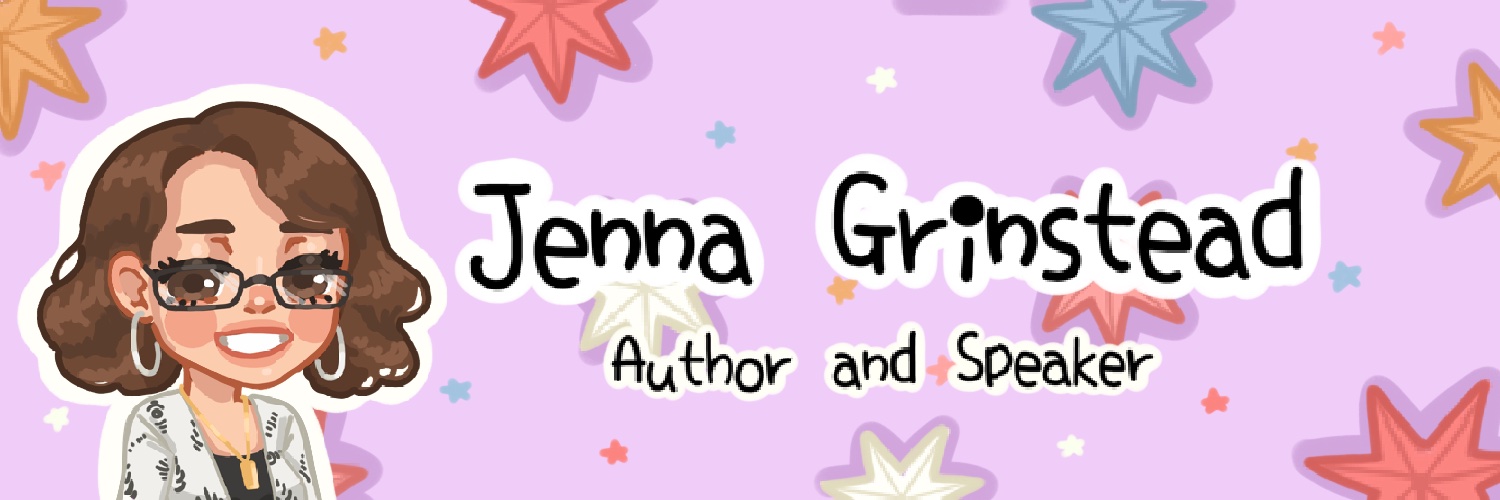Sometimes I'm reading a book and generational differences take me out of the story. My twenty-two year old hero has had a hard day and he gets home kicks back and goes to the kitchen to make himself a cup of hot tea. Then he binge watches Murder She Wrote under an afghan he knitted. When this happens to a character who up to this point has been described as a typical twenty-two year old guy, I quickly check the generation of the writer. Nine out of ten times it's written by a lovely woman in her mid-50s or 60s who happens to destress in this very way. But our character needed to come home, pop open a beer and watch Stranger Things or Game of Thrones to be an authentic character. This Gen Z character likely plays a video game or scrolls through TikTok, but alas our author doesn't do either of those things so neither does he.
Other times I'm reading a book and a fifty year old woman is depicted as ancient, a relic of the depression era, which is why she is the way she is as she is these days. In a recently written contemporary this doesn't make much sense--this woman should be a Gen Xer. She considers herself middle-aged at best, not old. Her grandmother lived through the depression. She spent her teenage years listening to Michael Jackson and Prince.
This is one of the reasons that understanding generational differences is so important for writers. It helps to ground characters in more authentic moorings, especially when we don't share their generation. If you don't know what Be Real is (it's a social media app) you may not be able to authentically write about Gen Z without doing some more homework. If you've never heard of the Korean War you might want to check that Traditionalist character who was born before 1945 against more sources.
Yes, people in a given generation are all different. There really are twenty-two year old men who drink tea under afghans they created while watching Murder She Wrote in different generations. But you need to know you're writing a specific and different character when you write this--and explain to the reader what made him so different from his generation. Perhaps he lived with his grandmother and picked up her habits. Understanding generations well helps you understand what you need to explain in your stories and what you can expect your readers to assume they know. It can also help to deepen conflict and tension--the Baby Boomer mother may insist on ma'am and sir as a given for respecting elders, while the Gen Z child may see these as offensive greetings that assume knowledge about gender. Understanding these subtle differences may help create characters with layers of depth that add emotion.
I'm excited to delve deeper into this topic in a couple of upcoming seminars. Join me in August at the North Texas Romance Writers monthly meeting on zoom. In early October I'm doing a virtual webinar for the Aged to Perfection Romance Writers. And, in late October I'll be sharing a seminar on this topic at Moonlight and Magnolias, a writing conference in Georgia. I hope to see you!


Comments
Post a Comment